Baby Sleep Tips for Exhausted Parents [From an Overnight Doula]
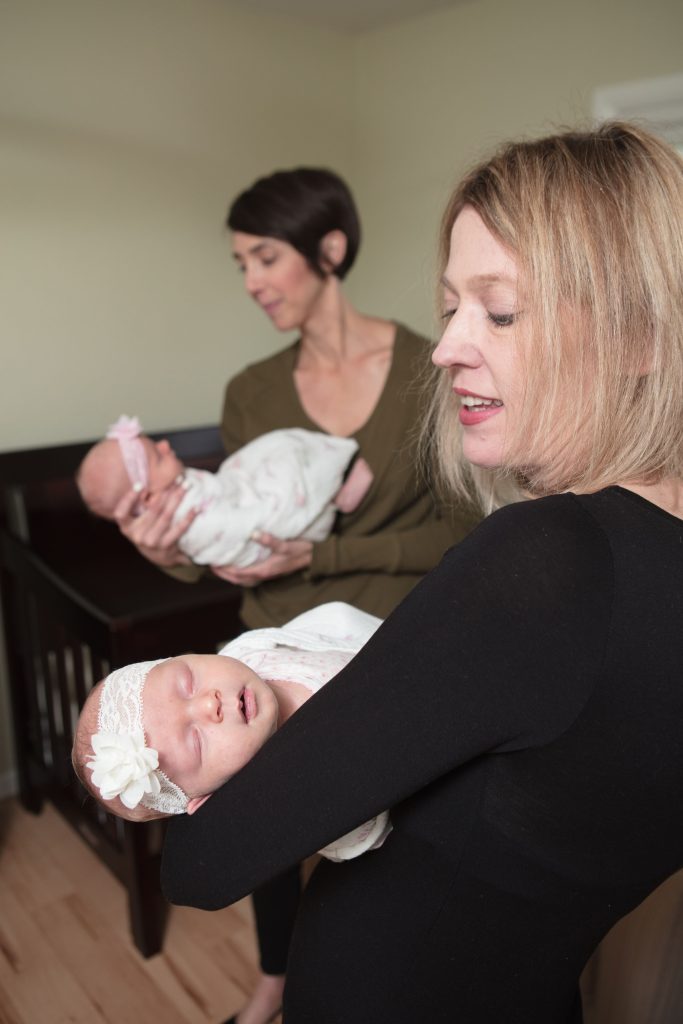
The average parent loses 133 nights of sleep before their baby turns one. No wonder you’re exhausted. And while sleepless nights are often part of the parenting journey, it doesn’t mean you have to just power through with no direction. Here’s something you might not know: overnight doulas are filled with valuable insights on how […]
The Benefits of HypnoBirthing with Fear and Now Documentary Director Liat Ron: Podcast Episode #230
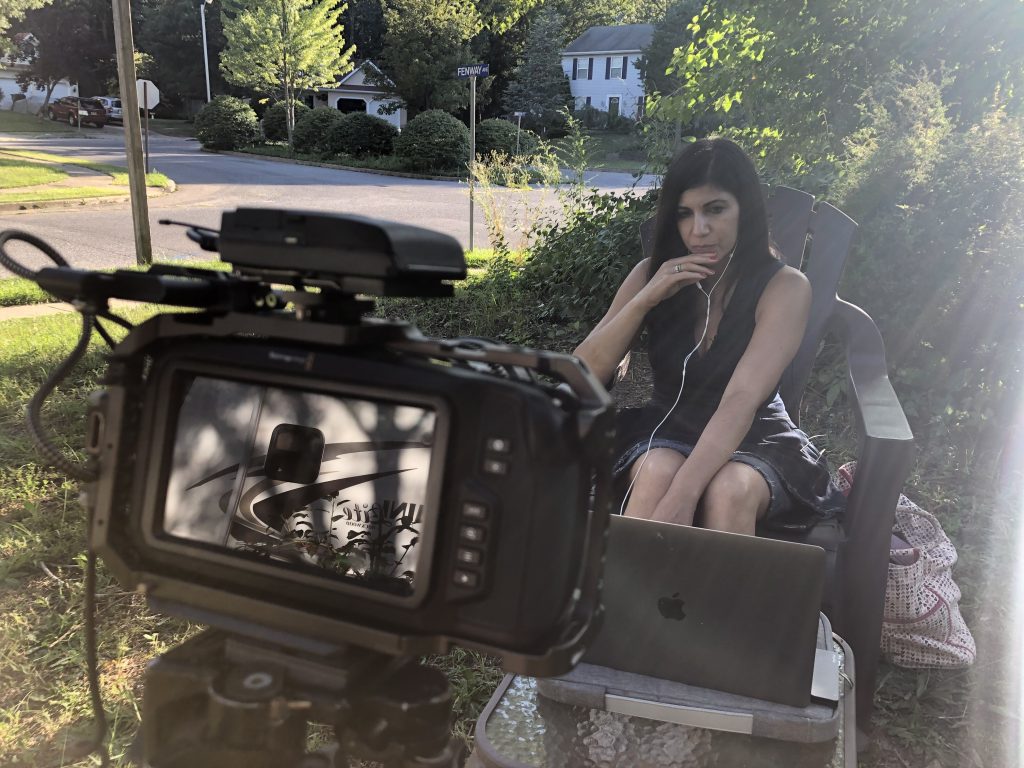
Kristin chats about the Fear and Now Documentary with Liat Ron, producer and director. Kristin and Liat discuss how HypnoBirthing impacted her second birth and why she decided to create a documentary about her experience along with the experiences of other families captured in the film. Hello, hello! This is Kristin with Ask the Doulas, […]
Using Visualizations and Affirmations in Labor with Lisa Newhouse: Podcast Episode #196
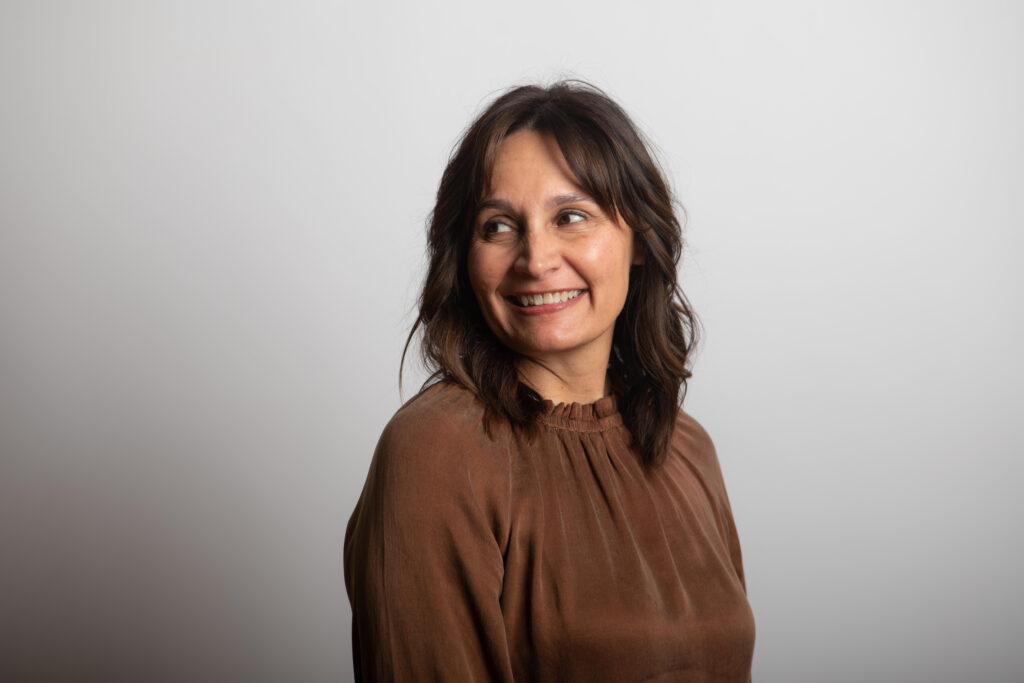
Kristin Revere chats with Lisa Newhouse of Gold Coast Doulas about the benefits of using affirmations in labor. Lisa is a birth doula and HypnoBirthing educator with Gold Coast Doulas. You can listen to this complete podcast episode on iTunes, SoundCloud, or wherever you find your podcasts. Ask The Doulas Podcast · Using Visualization and […]
Audra’s Birth Story: Podcast Episode #105
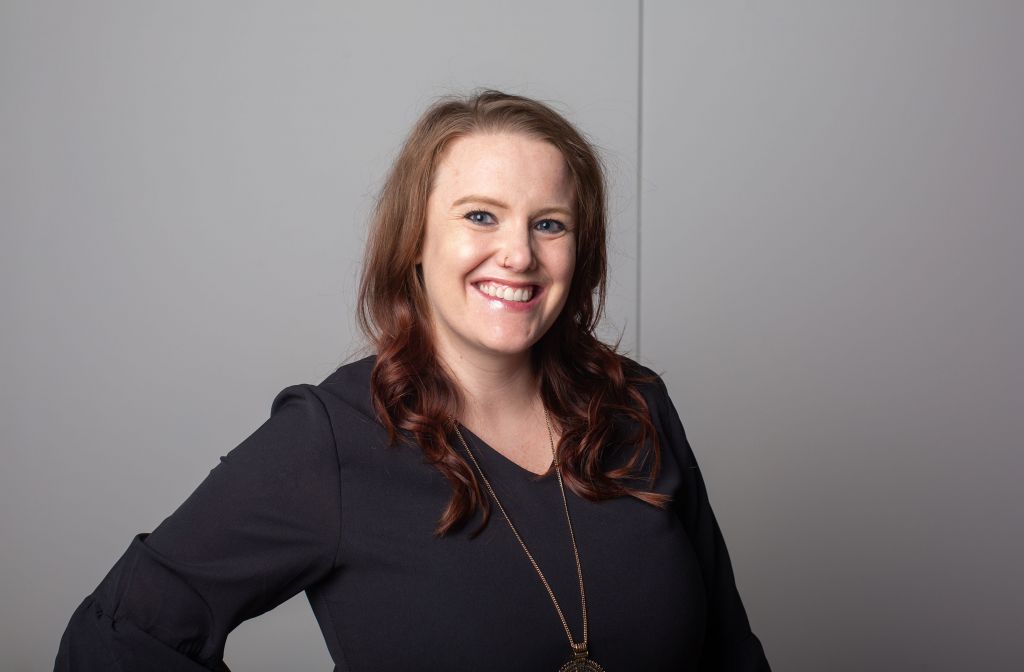
Audra Geyer, Gold Coast’s newest birth doula, tells us her birth story and how birth support from her doula was a game changer. She also took HypnoBirthing classes and went from being afraid of labor to looking forward to it! Her experience with Gold Coast let her to become a doula herself! You can […]
Maddie’s Birth Story: Podcast Episode #83
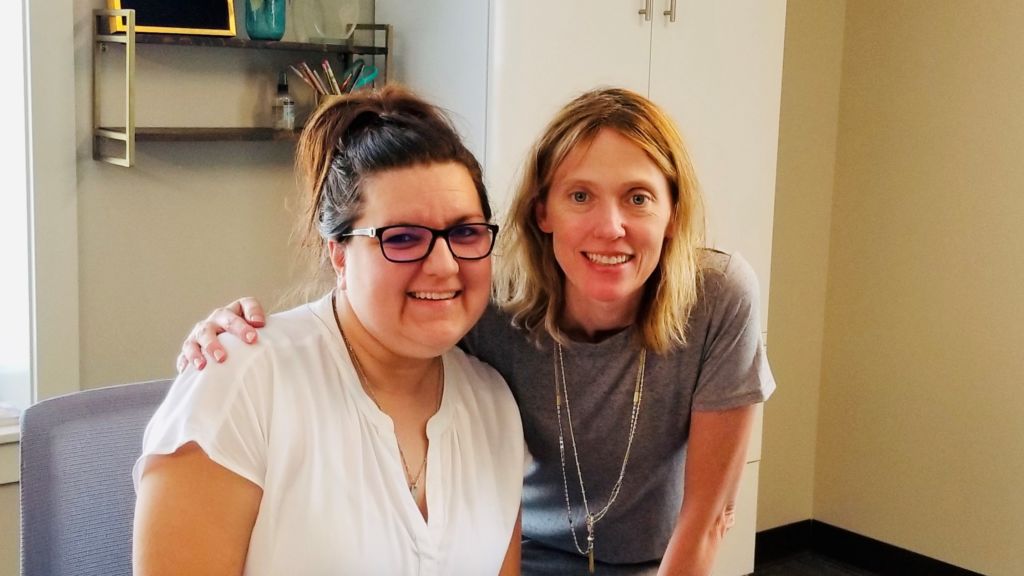
Our listeners love hearing a positive birth story. Today Maddie, a previous HypnoBirthing and Birth client, tells us all about her labor and delivery as well as her experience in the hospital right after having her baby. You can listen to this complete podcast episode on iTunes or SoundCloud. Kristin: Welcome to Ask the Doulas […]
Maddie’s HypnoBirthing Story: Podcast Episode #81

Today our former birth client and HypnoBirthing student, Maddie Kioski, tells us her personal pregnancy journey using HypnoBirthing and how it helped her feel excited about labor and delivery instead of scared. You can listen to this completed podcast episode on iTunes or SoundCloud. Kristin: Welcome to Ask the Doulas with Gold Coast Doulas. […]
HypnoBirthing Baby – Wesley

We love getting birth stories from clients! This is a beautiful story from one of Ashley’s HypnoBirthing students. Through all of the unknowns of labor and delivery for a first time parent, this mom describes her birth experience and how relaxing and keeping calm throughout eliminated any room for fear. Wesley Thomas Sarazin was born […]
Podcast Episode #65: Annette’s HypnoBirthing Story
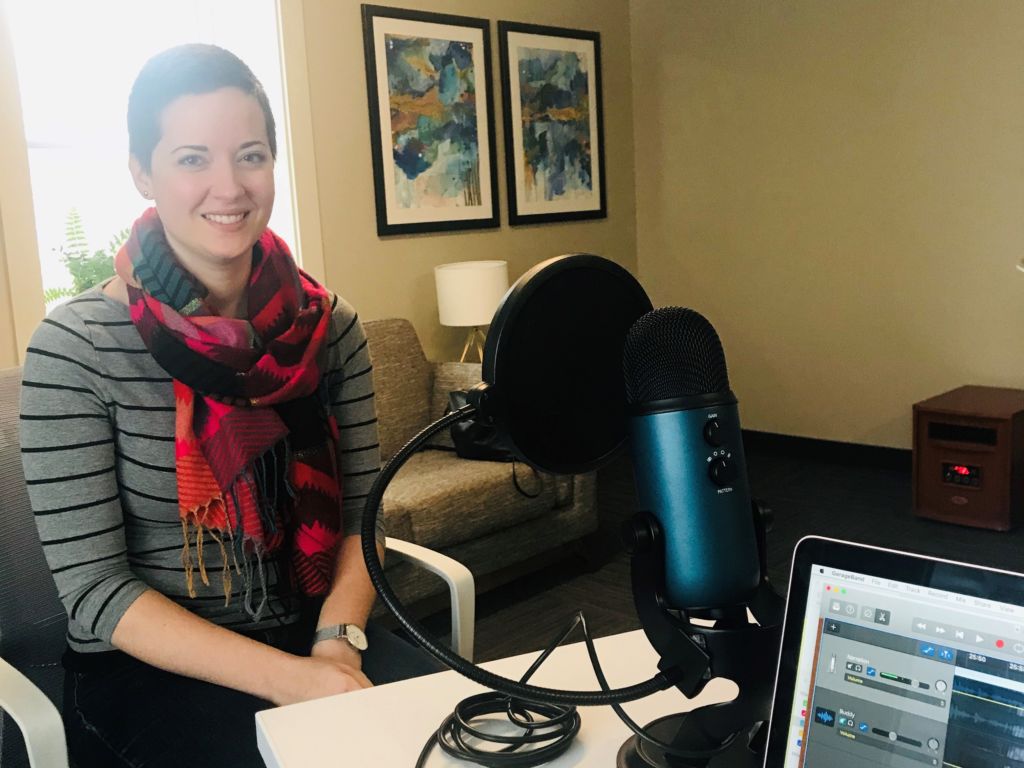
Today we talk with a previous HypnoBirthing student, Annette Beitzel, about her personal experience with HypnoBirthing at Gold Coast Doulas. Although she didn’t use it how she intended, it had an incredible impact on her pregnancy and birth experience. You can listen to this complete podcast episode on iTunes or SoundCloud. Kristin: Welcome to Ask […]
How ZENBands Became a Part of Pregnancy

Gold Coast Doulas is pleased to announce a guest blog by Dr. Erin Stair on her headbands that are perfect for listening to HypnoBirthing scripts or childbirth playlists. I use them for listening to podcasts like “Ask the Doulas” with Gold Coast Doulas on Soundcloud and Itunes. Erin is the creator of ZENBands, ZENTones, author […]
Podcast Episode #38: Amber’s HypnoBirthing Story
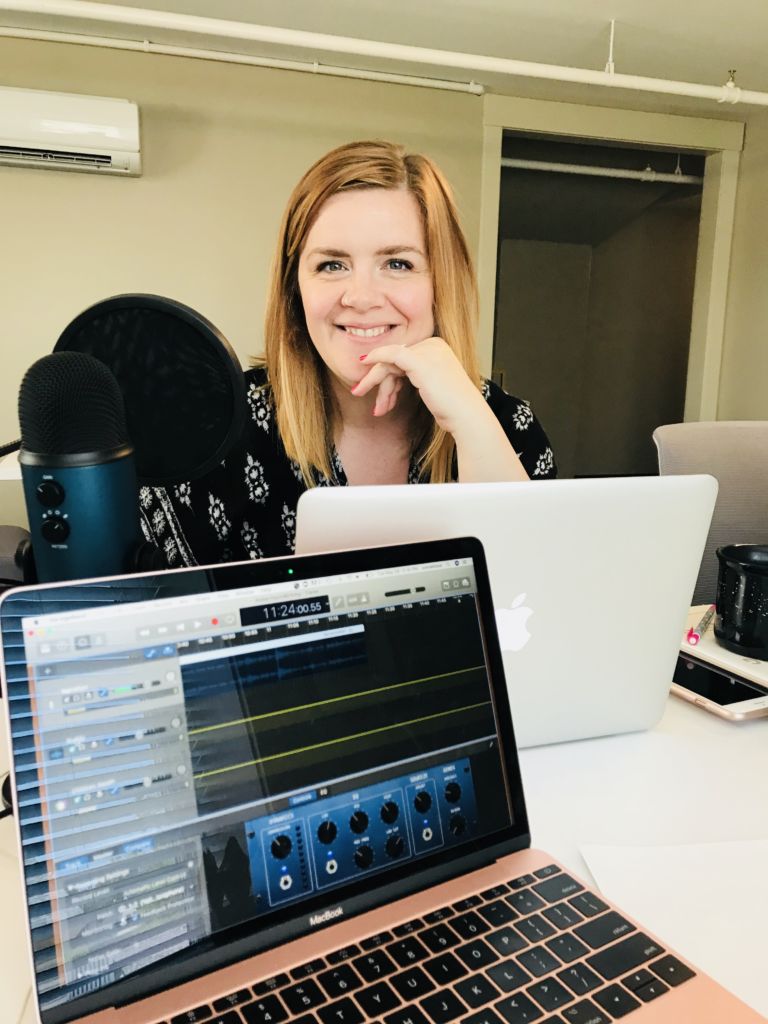
We love hearing birth stories, especially from our clients. Listen as Amber tells us her birth story and how HypnoBirthing helped both her and her husband through 23 hours of labor. You can listen to this complete podcast on iTunes or SoundCloud. You can sign up for our HypnoBirthing classes here! Alyssa: Hello! Welcome […]
HypnoBirthing – Brianna & Ben’s Story
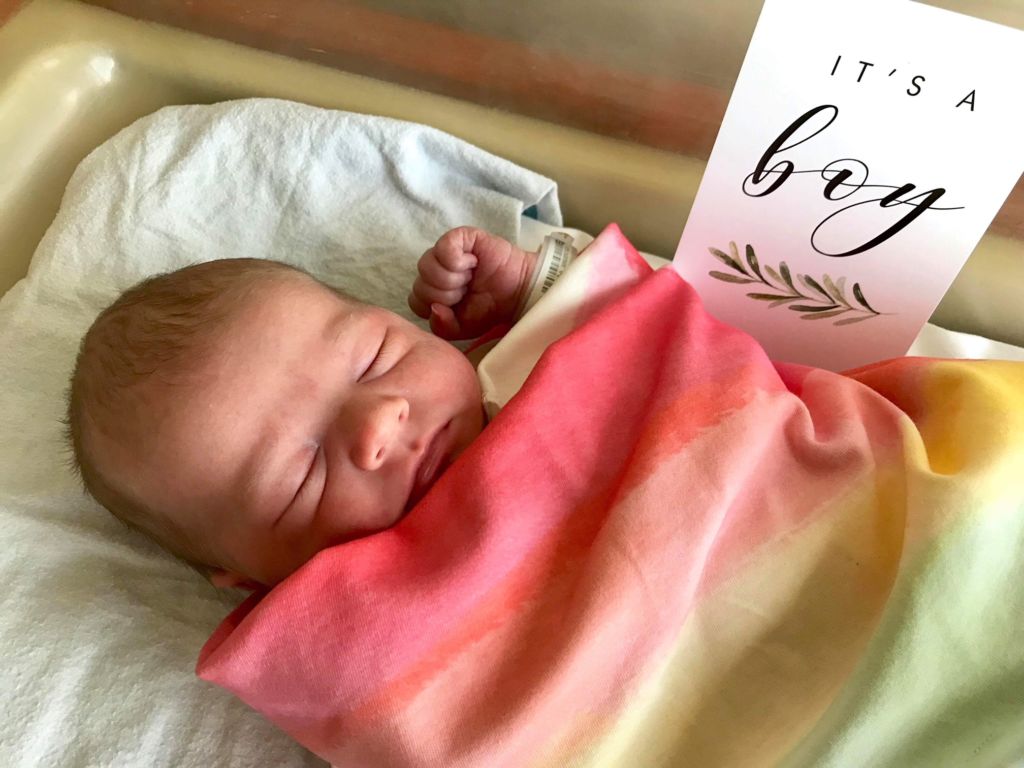
A huge thank-you to our HypnoBirthing student for taking the time to share her beautiful birth story with us! We hope you love this as much as we do! My husband Ben and I decided to take a HypnoBirthing class because we had a goal to have a natural birth and because we didn’t think the hospital […]
We are Your Doulas!
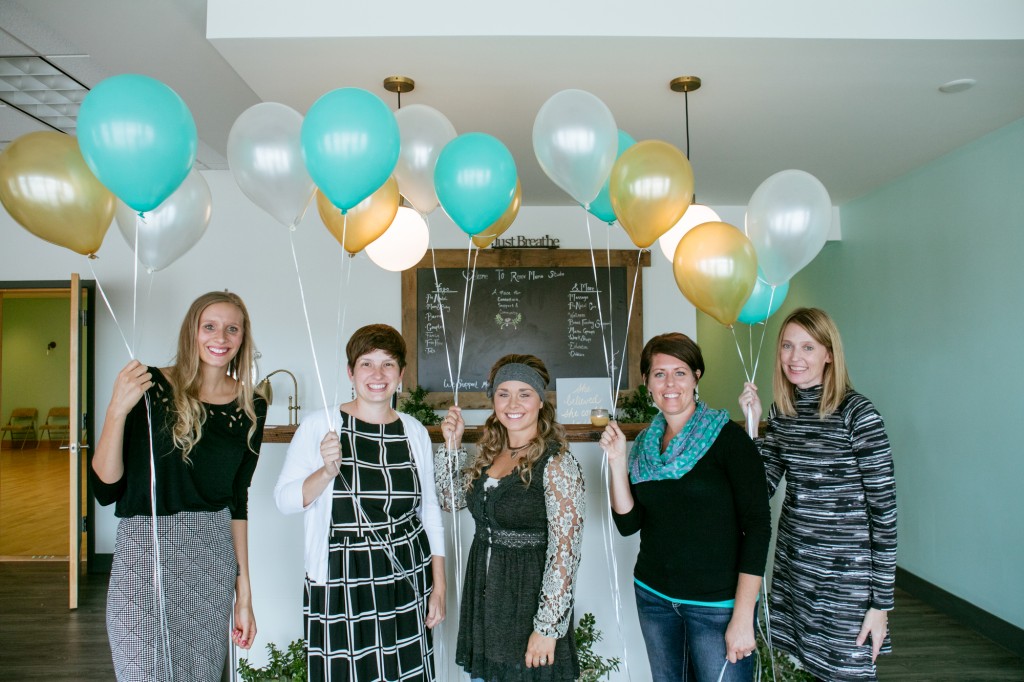
We are your doulas! At Gold Coast we pride ourselves on our superior service and professionalism. We aim to be your one stop shop for all things pertaining to pregnancy, birth and the postpartum time. Looking for childbirth classes? We’ve got you covered with HypnoBirthing classes and will soon be releasing another option for Childbirth […]
What is the Hypno in HypnoBirthing?
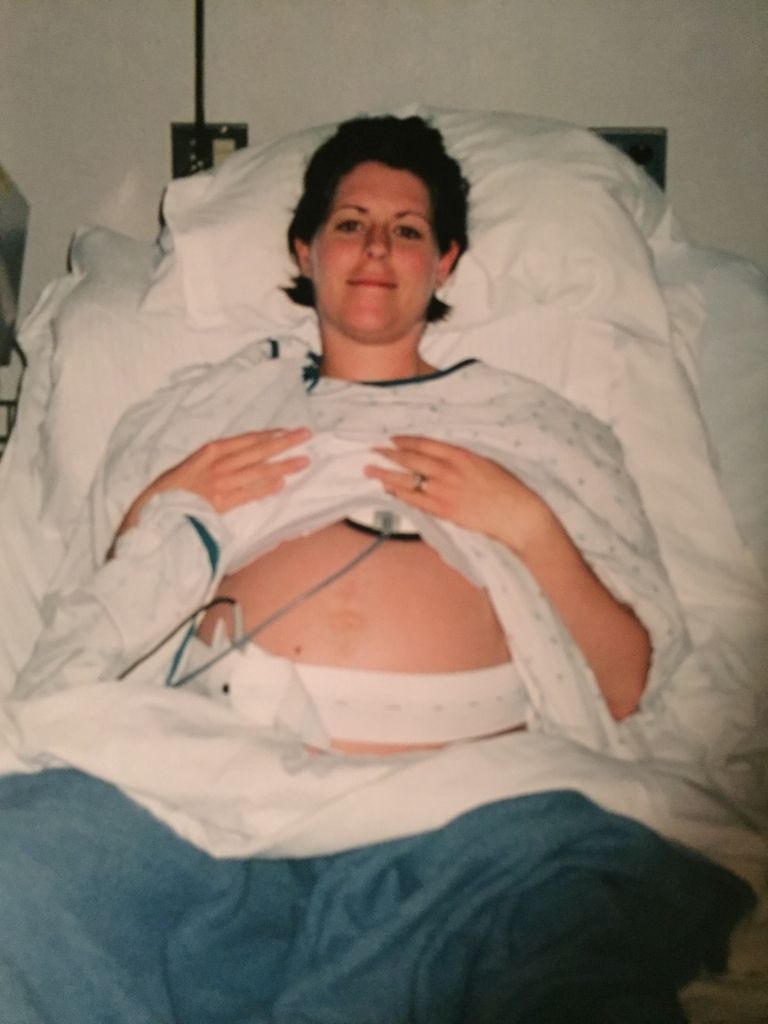
Gold Coast Doulas is pleased to present a blog from Karlye McNeely RN, BSN. Karlye is co-owner of Gold Coast Doulas LLC, she is a graduate of the Hope/Calvin nursing program, and former L&D nurse. Karlye is a certified HypnoBirthing practitioner and has been teaching HypnoBirthing classes in West Michigan for 11 years. She has […]
